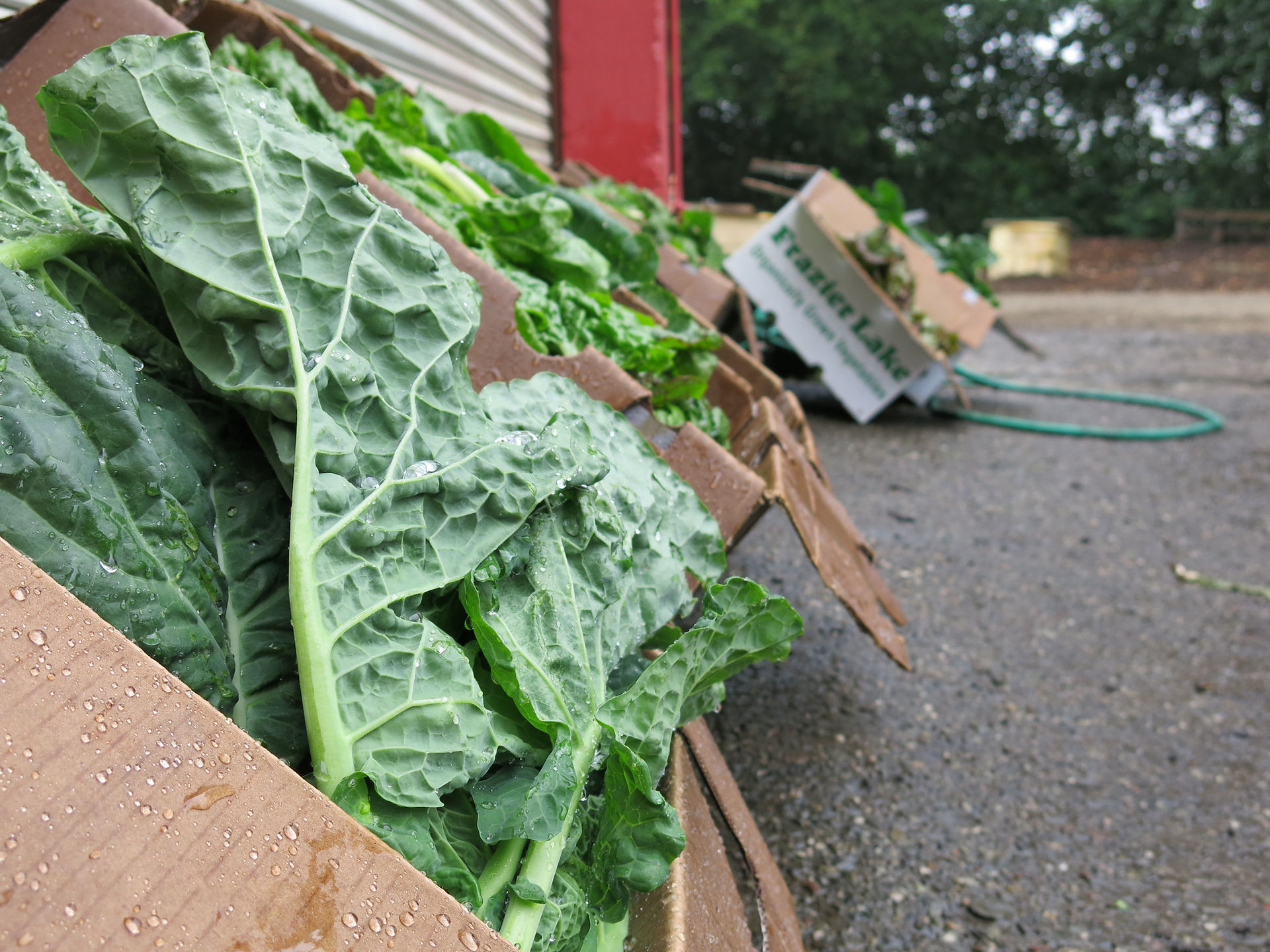
The Garden Project
We don't just grow plants, we grow people too.
History and Mission
The Garden Project’s work empowers at risk young adults through environmentally based job training and life skills programming, while transforming the urban environment. The Garden Project, a nonprofit organization, oversees an environmentally based work training program for San Francisco residents called The Earth Stewards. The program also includes a special summer program and school year program for San Francisco high school students.
Garden Project Earth Stewards work in an intensive program learning organic horticulture and landscaping skills. The Project donates all food grown by participants to local food pantries. Meanwhile, Earth Stewards work on the streets of San Francisco, in the Crystal Springs Watershed, and at the Hetch Hetchy Reservoir, preserve and improve the health of the local ecology. The Garden Project farm at the San Francisco County Jail San Bruno Complex is a resource the City and County of San Francisco. Participants cultivate plants for use on public works projects, and each year, hundreds of young children visit the farm to experience farm-based educational programming. Providing more than just a paycheck, The Garden Project supports participants in continuing their education and offers life skills programming.
In the community, the Project supports nutrition education, community clean-up, planting activities and more. Through meetings, fairs, and community projects, The Garden Project works to connect local government with the communities they serve – improving relationships and bringing more citizens into active civic life. The Garden Project pools public and private resources in order to affect real change in San Francisco. Our partnership includes the San Francisco Sheriff’s Department, the San Francisco Public Utilities Commission, the San Francisco Police Department, and more than twenty-five community organizations.
Cathrine Sneed founded The Garden Project in 1992. At the time of its founding, the mission of the program was to address the high rates of recidivism by offering former offenders environmentally based job-training programming, assistance in continuing education, and counseling. Ten years before, Cathrine founded the San Francisco County Jail Horticulture Project (1982-1992), a horticulture training program for inmates widely recognized as a milestone in prisoner rehabilitation. Inmates grew organic vegetables for donation. The program was a success, but there were few options once inmates were released. The problem was not unique to San Francisco. Across the country, and in California where numbers were especially high, lawmakers and experts had become increasingly concerned about alarmingly high recidivism. Through the work of The Garden Project, Sneed sought to impact recidivism rates by providing employment and support to former offenders. At an empty lot in San Francisco on Carroll Street adjacent to the Bayview/Hunter’s Point police station, Garden Project participants grew organic vegetables for donation, and also worked in another Garden Project program, the Tree Corps, planting over 10,000 street trees in San Francisco. The Garden Project model is a community-based response to crime, unemployment and underemployment, that links the stewardship of the environment and to the stewardship of the community. The United States Department of Agriculture hailed The Garden Project as “one of the most innovative and successful community-based crime prevention programs in the country.”



